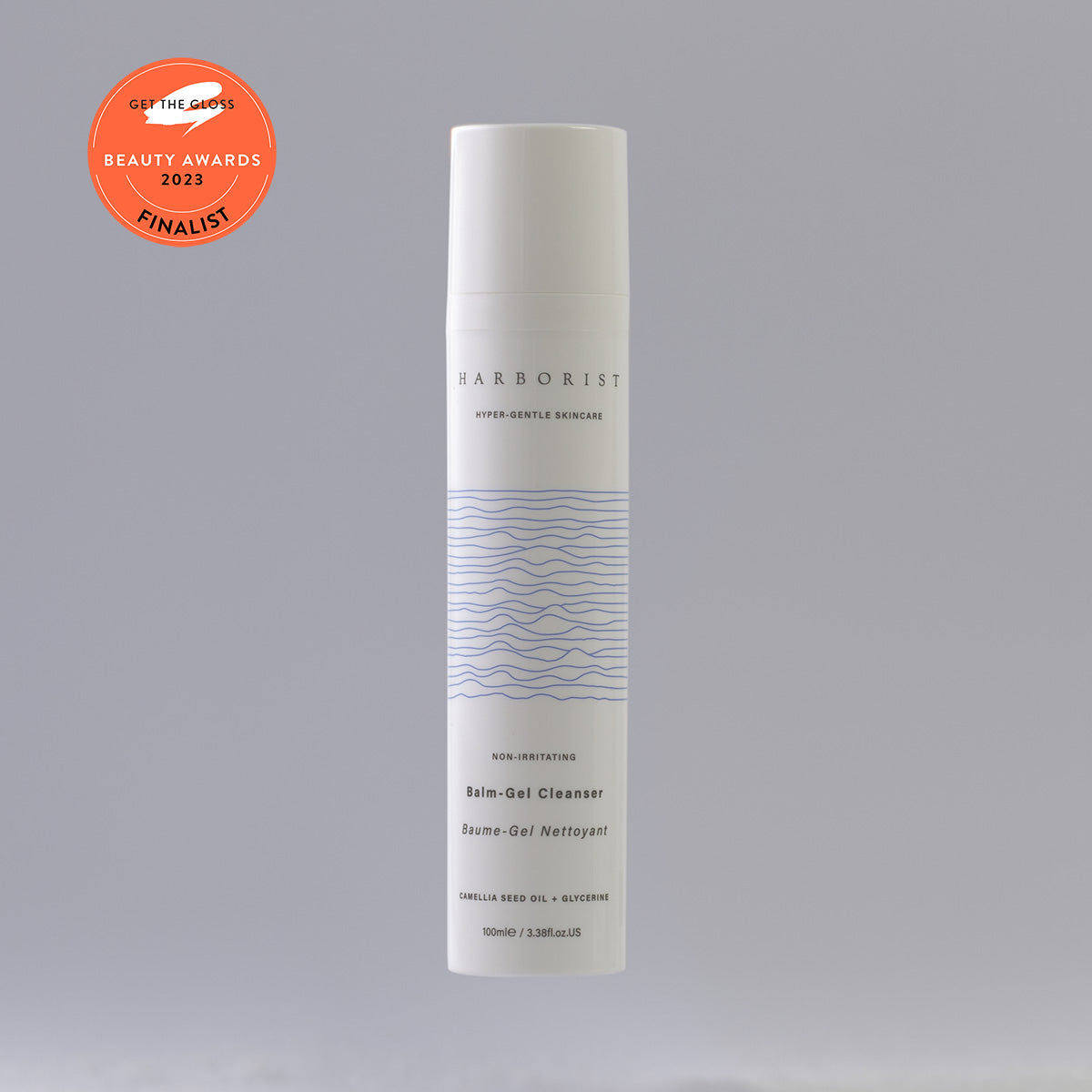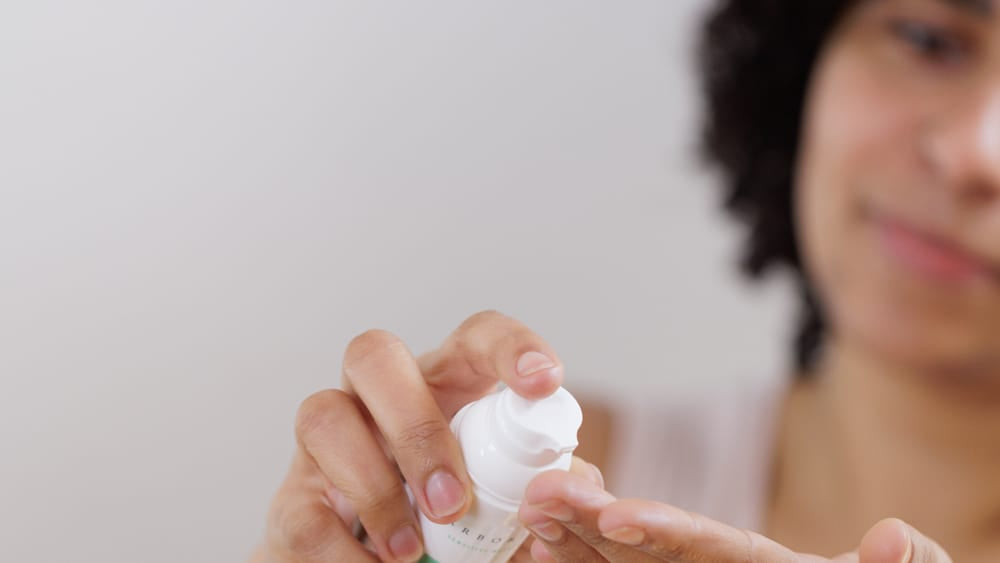Your skin has 1 billion microorganisms per square centimetre. No two people’s microbiomes are the same, and yours will vary throughout your life, influenced by multiple factors including the environment, age, hormones, and skin condition.
While an unbalanced microbiome is associated with skin conditions such as acne and eczema, a balanced microbiome can help our skin's immune response, resilience against stress and protection from infection. So it's understandable that we want to find ways to keep it in the best shape possible.
Here are three of the most common questions when it comes to skin and your microbiome.
1. Are preservatives damaging my microbiome?
A few years ago the thinking was that preservatives in skincare might negatively influence your microbiome. After all, if they can stop microorganisms growing in your skincare, perhaps they’re doing the same when they're on your skin. Because we seek to make our formulas non-irritating, our skincare uses a very gentle preservative system, which we're able to do because of our manufacturing methods, airless packaging and a few other formulation 'tricks' - so we could make marketing claims that we're also minimising the impact to your microbiome. But I don't think it would be ethical to do this, and imply that other cosmetics are harmful to the microbiome, if this isn't the case.
Recent studies like this one commissioned by Unilever suggest our cosmetics don't seem to have as much impact on our microbiome as we'd thought.
This makes sense, as the preservatives in your skincare are designed to deal with brief contamination from every day use, such as dipping fingers into a pot of face cream - they're not strong enough to make the product anti-bacterial. When a a moisturiser is applied to your face, it's suddenly exposed to billions of microorganisms, and any preservative action will likely become overwhelmed fairly quickly. That's a win for your microbiome.
There are some questions over whether cleansing agents might show a slightly stronger effect in disrupting the microbiome - so it makes sense to make sure you're not over washing, and that the cleanser you're using is as gentle as possible too.
2. Microbiome skincare - is it marketing hype?
As consumers we like to be able link an ingredient in our skincare with a specific outcome. So products which include pre or post-biotics to make claims about balancing our microbiome can sound very appealing.
But the problem is that with so many factors - the environment, age, genetics - influencing our microbiome, it's it tricky to change it for the better using just a topical product. And as this article discusses even if it were possible, because the microbiome varies so much between people, there’s no single best direction to shift it. The right direction for a 17 year old surfer in Cornwall isn’t necessarily right for their 55 year old aunt in Edinburgh.
There’s much interesting research underway to figure out how to make cosmetic products to improve our microbiome, so the solutions we see in a few years may well look different to those on the shelves now.
3. How can I improve my skin's microbiome?
One thing we do know is a disrupted skin barrier is linked with an unbalanced microbiome, while skin with a healthy barrier is likely to have a microbiome which is diverse and healthy too.
So rather than rely on a pre or pro biotic skincare, our focus should - as always - be on a skincare that helps keeps our skin hydrated, and doesn’t disrupt the protective barrier. That way our microbiome is likely to be in it's best place, enabling it to keep our skin healthy, and so starting a virtuous circle of happy skin.
If you'd like to read more about the topic, this article in BBC Science Focus (which I also contributed to) has even more information to get your teeth into.
References:
Brown, M. M. and Horswill, A. R. (2020). Staphylococcus epidermidis-Skin friend or foe? PLoS pathogens 16(11) e1009026. Available at: https://doi.org/10.1371/journal.ppat.1009026
https://nationaleczema.org/microbiome-and-atopic-dermatitis/
https://www.sciencedirect.com/science/article/abs/pii/S0025326X1930493X


